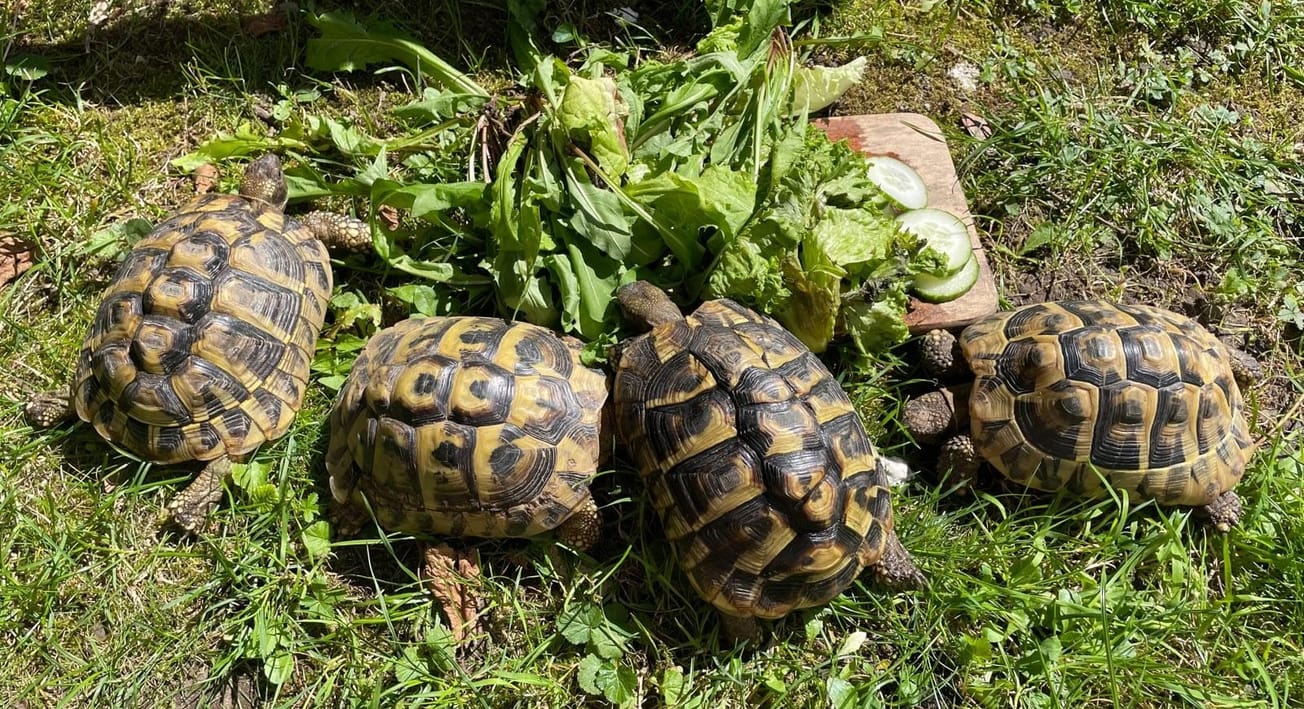By Sophie Holman-Jones, University of Bristol Biomedical Sciences Graduate
A cross-sectional survey by the University of Bristol has revealed that public confidence in the accuracy of scientific information fell between March and November 2020.
Since the coronavirus pandemic began over 18 months ago, there has been a consistent dialogue between the public, politicians and scientists, the latter playing an integral role by imparting their knowledge of the virus, predicting its transmission and making recommendations regarding the best course of action to control the spread. If policymakers are to improve public engagement with protective measures such as social distancing, it is crucial that they understand the public’s trust in science, and how this shapes public decisions and actions.
To this end, researchers from the Elizabeth Blackwell Institute for Health Research and the School of Psychological Science at the University of Bristol worked collaboratively with the University of Southampton to design a survey to investigate this. The Elizabeth Blackwell Institute is co-funded jointly by the University of Bristol and the Wellcome Trust. The institute supports exciting ventures to better understand health and disease, thus delivering improved clinical care for the general public.
The survey explored four main issues: the extent of public trust in scientific information, how public trust changed between March and November 2020, public perception of scientific uncertainty and accuracy and the participants’ views on whether the information distributed to the public is an accurate representation of coronavirus science. The findings have not yet been peer reviewed.

In total, 2,025 adults took part in this cross-sectional survey; 40.5 per cent were over 55 years of age, 51.1 per cent were female, and 12.3 per cent identified as black and minority ethnicity (BAME). Other personal characteristics were recorded, including whether the individual considered themselves a ‘keyworker’, or ‘shielding’, had been tested for COVID-19, and if they believed they had ever contracted the virus.
Researchers were then able to identify patterns of similar beliefs or misconceptions among different groups of people. In March 2020 when asked to what extent they trusted publicly available information on coronavirus, 37.2-39.4 per cent of people responded that they trusted the information ‘a lot’ compared to 19-20.7 per cent who “didn’t trust [it] much/ at all”. Interestingly, age appeared to have a significant effect on trust, as older individuals tended to answer that they had a lot of trust, whereas younger individuals typically responded with “trust a little” or “didn’t trust much/ at all”.
In March, trust was also slightly greater amongst women, those who identified as white, those who were not shielding and people who had tested negative for the virus, with 42 per cent of those who had tested negative responding that they trusted the information ‘a lot’ in contrast to 26.5 per cent of those who had tested positive or believed they had been positive without being tested responding that they either didn’t trust the information much or at all.

When the researchers compared March to November, they found that the overall levels of trust in public information fell. The difference in trust between the youngest and oldest age groups had reduced, and those who were shielding now had greater trust compared to those who were not shielding indicating that health status appeared to have a significant bearing on trust throughout the pandemic.
Equally, trust in scientists to conduct accurate and reliable research also decreased during this eight-month period, with 40-42.2 per cent of people responding that they trusted the experts “a lot” in November compared to 48.3-50.5 per cent in March.
Finally, when the subjects were asked whether they were confident that the public information regarding coronavirus was accurate, only approximately 60 per cent responded that they were ‘very’ or ‘fairly’ confident. When asked whether the public information concerning the virus faithfully represented the true extent of scientific uncertainty, under 50 per cent responded that it had been communicated ‘a lot’ or ‘a fair amount’.

In short, by identifying specific demographic groups which regard the public information on COVID-19 as being inaccurate or untrustworthy, this study has highlighted the extent of the information gap between scientists and the general public, and as Professor Rachael Gooberman-Hill, Director of the Elizabeth Blackwell Institute, points out, there is “room to improve trust”.
By highlighting that 50-60 per cent of the population do not feel the information is accurate or representative of uncertainty, Professor Gooberman-Hill’s study suggests that the population does not feel scientific information is sufficiently transparent. Considering this, scientists should take proactive measures to ensure no information is inappropriately omitted. By ensuring this is communicated to the public individuals can be reassured that all data is authentic, accurate and up to date. Individuals will be supported in making informed decisions and positive choices that will ultimately contribute to the eradication of COVID-19.
Featured Image: Fusion Medical Animation/ unsplash







